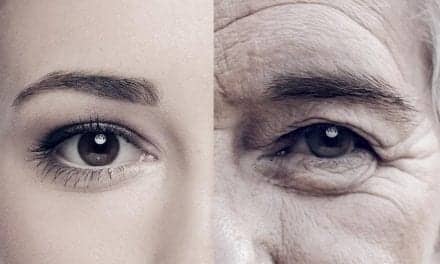7/10/06
Igor Sokolov, an associate professor of physics and chemistry at Clarkson University, Potsdam, NY, and a member of the university’s Center for Advanced Materials Processing, and his colleagues have developed a skin cream that contains compounds known to interfere with f-actin polymerization, to help skin become softer and look younger.
Sokolov has been using atomic-force and immunoflouresence microscopy to compare young and old epithelial skin cells. The researchers found that cells become rigid as they age.
“Elasticity of these cells is important,” says Sokolov. “In addition to cosmetic benefits, elastic epithelial cells help maintain the skin’s integrity and facilitate healing after an injury.”
According to the research team, loss of elasticity is also implicated in the pathogenesis of many progressive aging diseases, such as hardening of the arteries, joint stiffness, cataracts, Alzheimer’s disease, and other forms of dementia. The team observed the increasing density of filamentous fibers, known as f-actin, as a source of the increasing rigidity.
Sokolov says that he has been treating himself daily with the emollient near one eye and a placebo cream on the other. He reports that “to the untrained eye” it appears as if the cream is working.
[Chemical & Engineering News, April 17, 2006]



